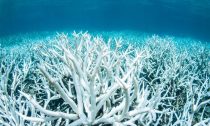
For the third time in 5 years, an underwater heat wave has turned vast stretches of coral on Australia’s Great Barrier Reef ghostly white, a desperate survival strategy that is often a prelude to coral death. Now, scientists there have taken a small step toward helping coral survive in a warmer world. For the first time, researchers have grown algae in a lab that can reduce coral bleaching, as it’s known. The results are a notable advance in the growing field of “assisted evolution,” in which scientists are working to alter coral genetics to help them endure hotter water.
It’s a “groundbreaking” study, says Steve Palumbi, an evolutionary biologist at Stanford University who was not involved with the work...
Read More










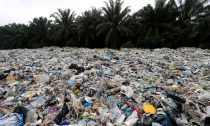
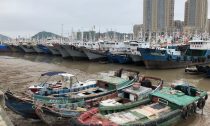
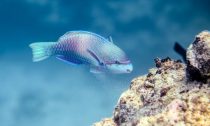
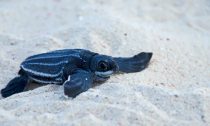
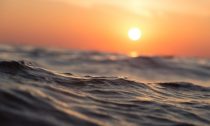
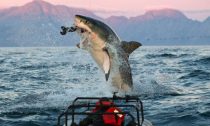
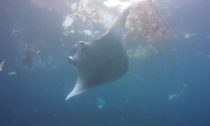
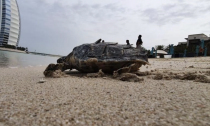

Social Profiles